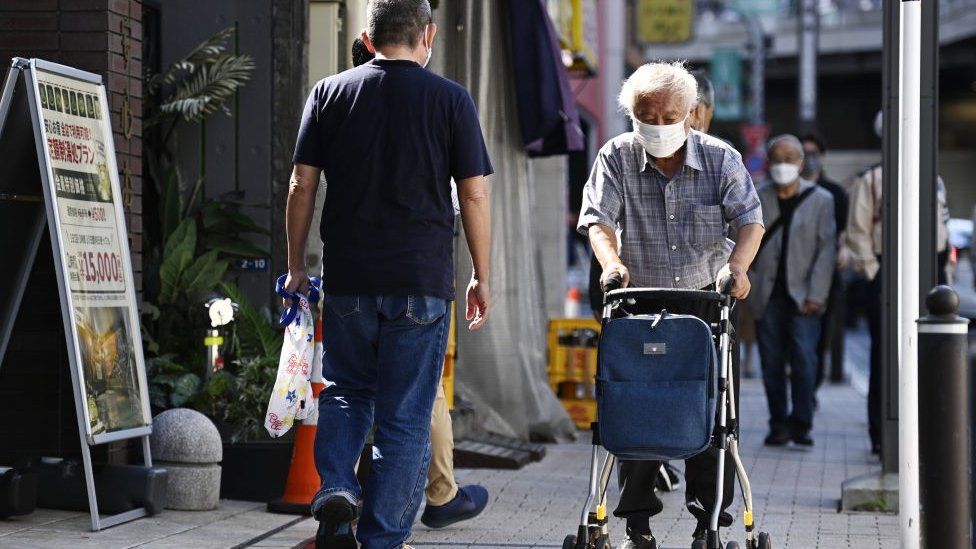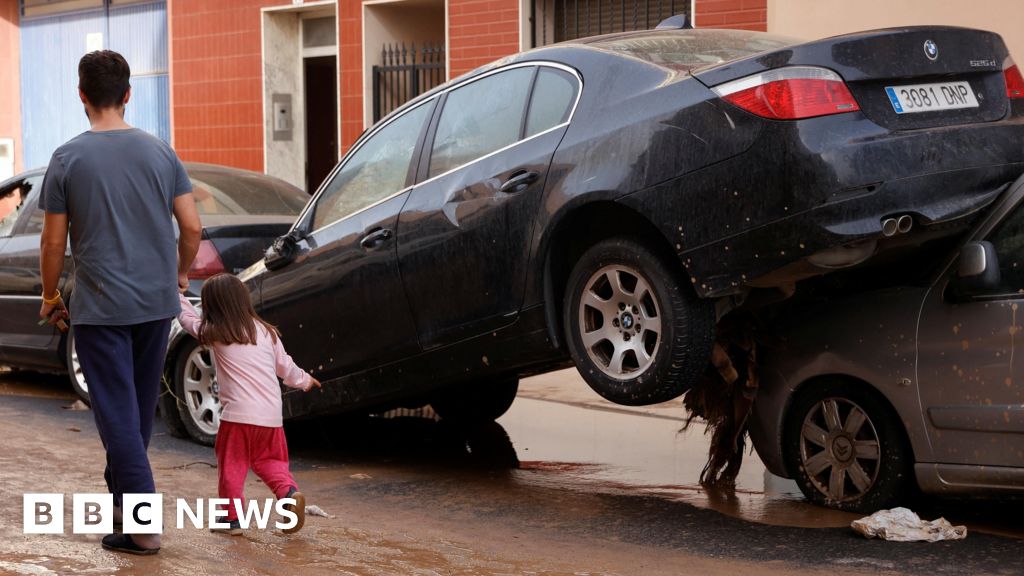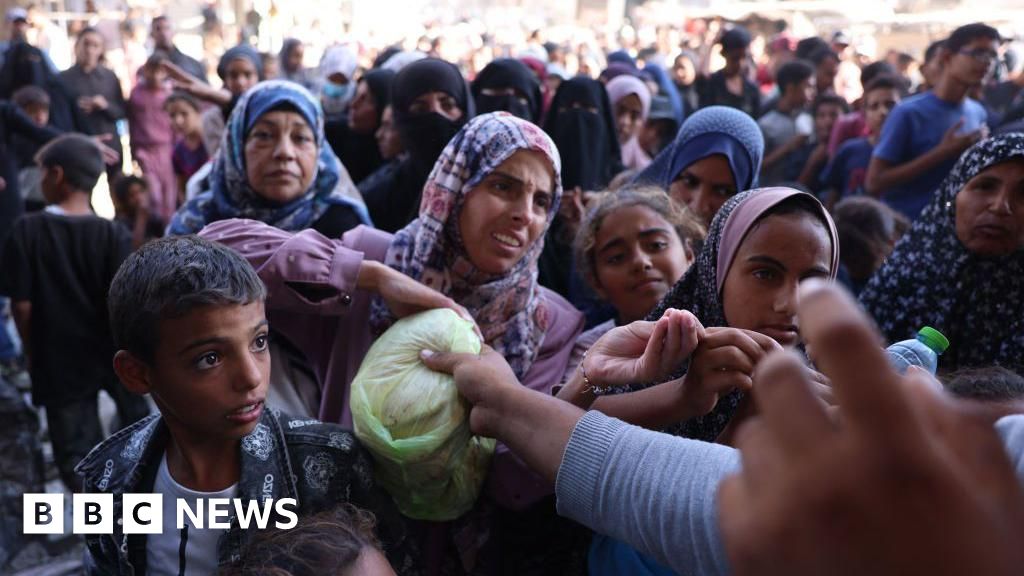ARTICLE AD BOX
 Image source, Getty Images
Image source, Getty Images
More than one in 10 people in the world's oldest country have crossed the 80-year-old mark for the first time
By Kelly Ng
BBC News, Singapore
For the first time ever, more than one in 10 people in Japan are now aged 80 years or older.
National data also shows the proportion of the population over 65 at 29.1% this year - a record.
According to the United Nations, Japan has the world's oldest population, measured by the proportion of people aged 65 or older.
The country has long struggled with how to provide for its ageing and declining population.
It also has one of the lowest birth-rates in the world.
By 2040, the proportion of those aged 65 and older in Japan is expected to reach 34.8%, according to the National Institute of Population and Social Security Research.
With a population of 125 million, the country's elderly employment rate is among the highest across major economies - workers aged 65 or more make up more than 13% of the national workforce.
But this has done little to relieve the burden on the country's social security spending.
Japan has approved a record budget for the next fiscal year, in part due to rising social security costs.
Efforts to boost its birth rates have also met with little success amid the growing cost of living, and notoriously long working hours.
Birth rates are slowing in many countries, including Japan's neighbours, but the problem is particularly acute in Japan.
The country was estimated to have had fewer than 800,000 babies born last year - the lowest number since records began in the 19th century.
In the 1970s, that figure was more than two million.
Prime Minister Fumio Kishida said in January that his country is on the brink of not being able to function as a society because of its declining birth rate.
However authorities remain hesitant about accepting migrant workers as a solution to falling fertility.
Other countries in Asia are facing similar demographic challenges.
Last year, China's population fell for the first time since 1961, while South Korea has reported the lowest fertility rate in the world.

 1 year ago
15
1 year ago
15








 English (US)
English (US)